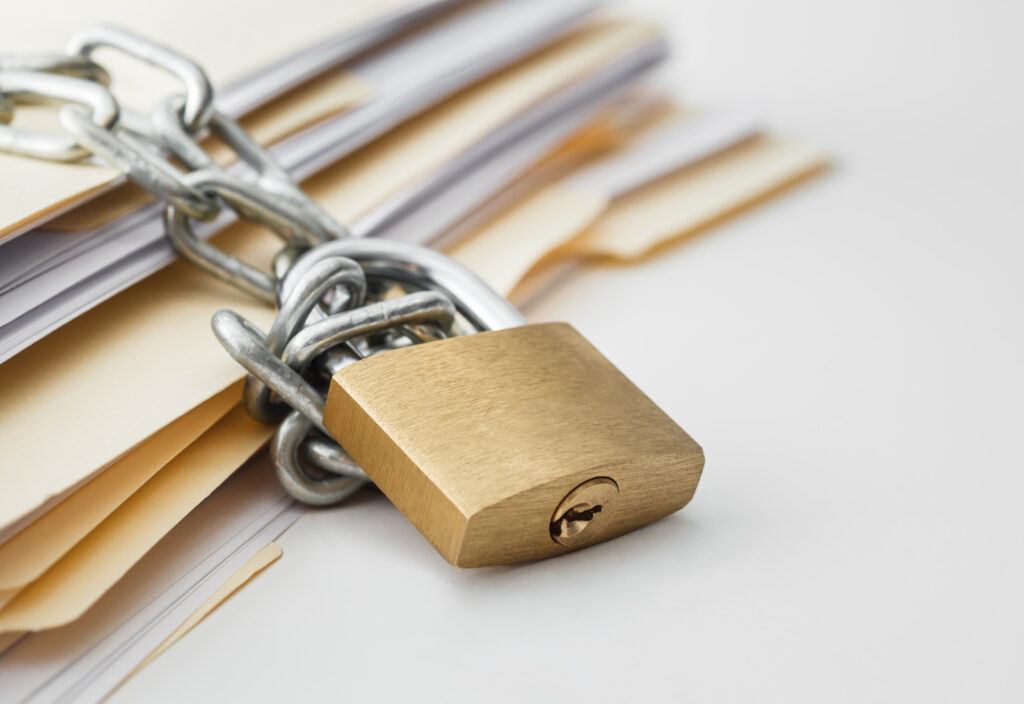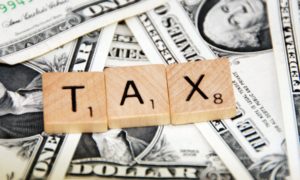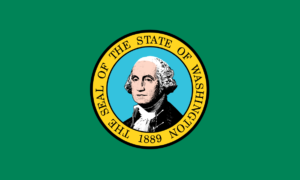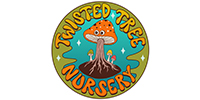Why Nondisclosure Agreements Are So Important

The average NDA is usually pretty short – maybe even just a few pages
Nondisclosure agreements (sometimes abbreviated, “NDAs”) are some of the most important agreements a company can sign. At the same time, they can be some of the simplest agreements to get in place. Today I want to do a deeper dive into nondisclosure agreements, what they contain, and why they are important.
What is a nondisclosure agreement?
A nondisclosure agreement is an agreement where one or both sides agrees to keep something confidential. There are generally two types of NDAs: unilateral NDAs where only one side must keep something secret, or mutual NDAs, in which both sides must keep the thing secret.
The choice between a unilateral and mutual nondisclosure agreement usually depends on the kind of deal and disclosed information. In a business sale, for example, a seller typically makes most or all disclosures. So the seller will ask the buyer to sign a unilateral NDA. In a proposed manufacturing agreement, the manufacturer may provide information about its services while the contracting party may provide formulations. There, the parties will probably use a mutual nondisclosure agreement.
What’s in an NDA?
The average NDA is usually pretty short – maybe even just a few pages. If you’ve read a lot of them, you’ll see a number of things pop up over and over again. These are:
- Whether the nondisclosure agreement is mutual or unilateral
- A definition of the information that must be kept secret (usually defined as “Confidential Information”)
- Carveouts from the definition of Confidential Information – for example, information that is already in the public domain when disclosed, or information that the disclosing party later makes public
- The scope and purposes for a party’s use of the other’s Confidential Information
- The limitations on how a party may disclose Confidential Information, and the persons to whom it may be disclosed
- The term of the NDA and what the parties must do with Confidential Information upon termination – usually, return or destroy
- Remedies of the disclosing party in the event of a breach, which almost always include equitable relief
- Statements that the NDA does not grant any ownership rights or license to the Confidential Information
Nondisclosure agreements may contain additional or different terms from those mentioned above, but this is the bulk of what you’ll see in the average NDA.
Are template NDAs a good idea?
Yes and no. NDAs can be very formulaic and simple, but a rookie mistake would be to use a unilateral NDA form when a deal calls for a mutual NDA form. This mistake could be devastating.
Moreover, there may be very specific things within an NDA that need to be changed or modified depending on the deal. For example, one of the NDA provisions I see changed most frequently is third-party disclosure limitations. Some NDAs may only allow disclosures to an employee of the receiving party, but the receiving party may need to disclose Confidential Information to its outside financial advisors or attorneys – or to cannabis regulators.
Additionally, some NDAs may also obligate the receiving party to simply make third-party recipients of such Confidential Information aware of the NDA, whereas the disclosing party may want the third party to sign an NDA of its own before reviewing the Confidential Information. These kinds of bespoke provisions may not make it into a form NDA someone pulled off a search engine.
Why are NDAs valuable?
People and businesses generally do not have any obligation of secrecy unless they sign an NDA or similar confidentiality agreement. Without an NDA or other confidentiality agreement, anything one party provides to another party in a transaction or potential transaction can lose confidentiality. A very common issue we’ve seen over and over is businesses that ask for an NDA after holding preliminary discussions and exchanging information. While this is certainly helpful, it’s far too late. Companies that get it right ask for NDAs before even starting talks.
Let’s say John is the sole owner of ABC Manufacturing and wants to sell it to Steve. Steve will do “diligence” and ask for ABC’s financial information and customer list. If John provides this without an NDA in place, Steve may simply take the customer list for himself and walk away from the deal. Nobody in John’s place wants to be in that position.
It’s important to note here that NDAs are not the only sources of confidentiality protections. Sometimes you’ll see confidentiality provisions in letters of intent or in the ultimate definitive agreement (like a purchase agreement). The problem with this is that by the time the parties sign a letter of intent, they likely will have exchanged confidential information. And this definitively will have happened before signing the definitive agreement. Moreover, the average LOI’s confidentiality section may be a short paragraph and will not be anywhere near as robust as an NDA. It’s key to lock the other side into confidentiality as early as possible – and in a comprehensive manner.
NDAs are not the only way that companies can protect their confidential information or trade secrets, and it’s possible to sign an NDA with provisions that actually put trade secrets at risk. But in general, without an NDA in place, parties have no reasonable expectation that what they say or hand over will actually remain theirs.
NDAs also do not need to cost an arm and a leg. Good corporate counsel can generate NDAs quickly and cost-effectively, while avoiding issues with AI-generated forms or forms circulating on search engines.
Source: Canna Law Blog






































